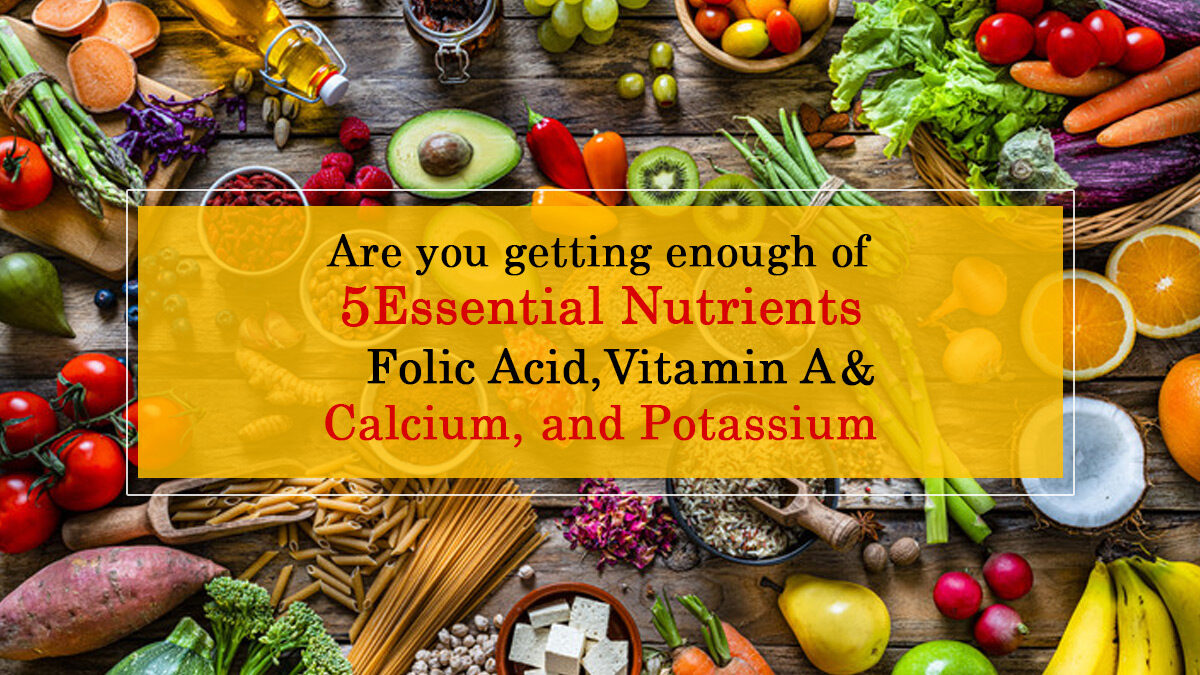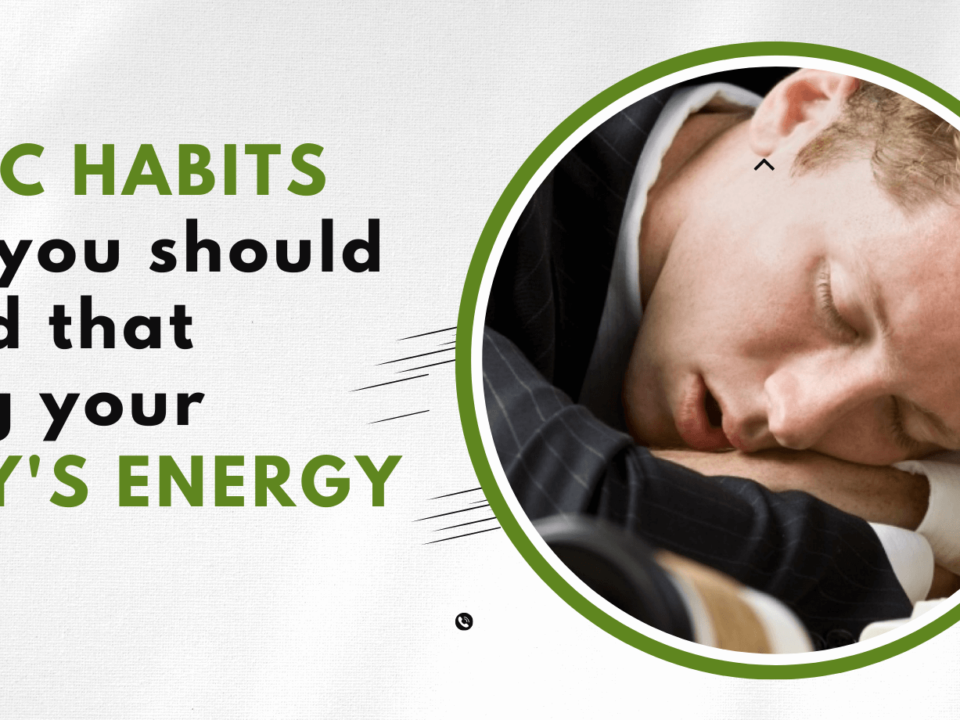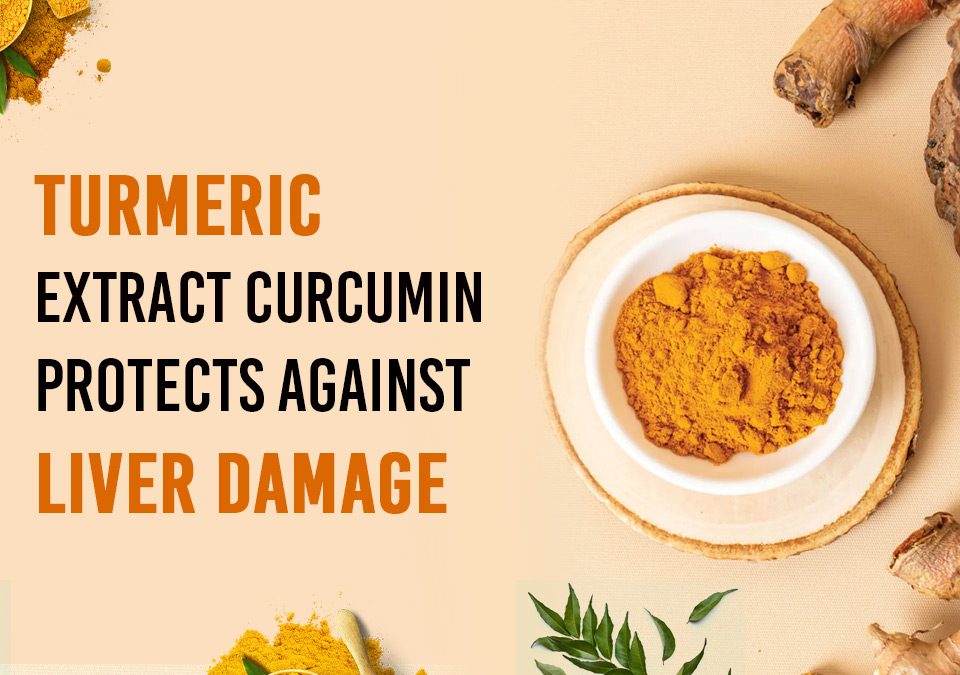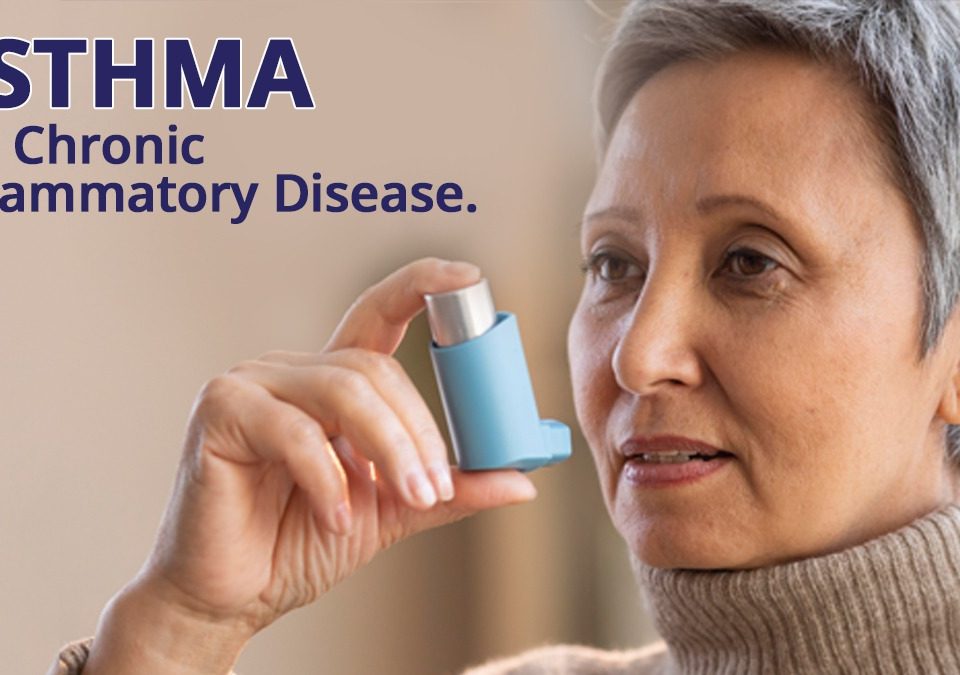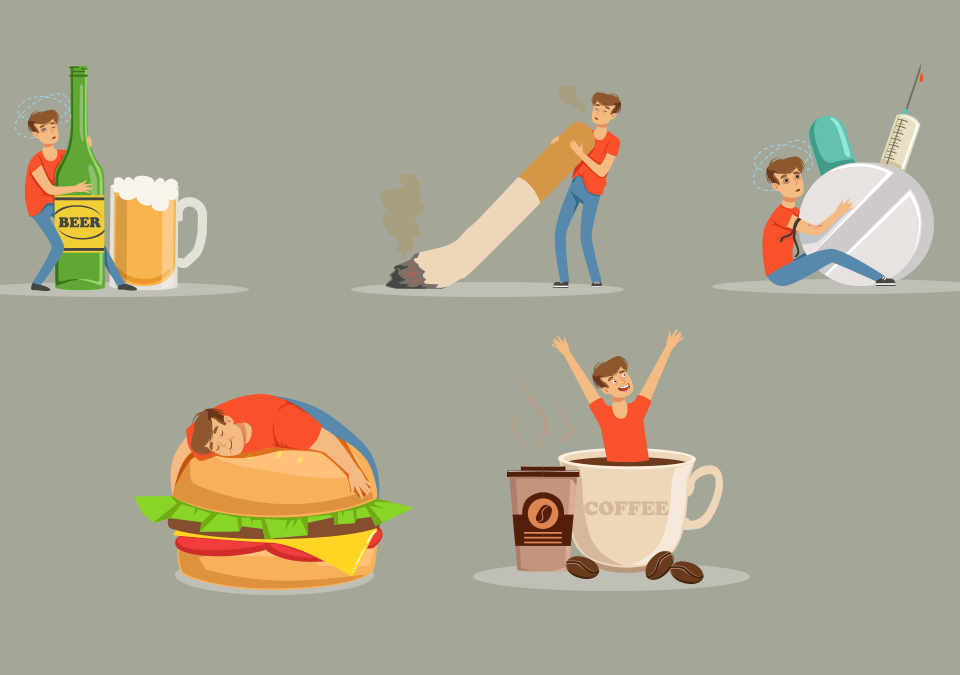Are you getting enough of 5 essential nutrients – Folic acid, Vitamin A & D, Calcium, and Potassium?

Curcumin & Boswellia for Knee Osteoarthritis: The Amazing Benefits
November 12, 2022
How to plan a healthy dinner party menu, tips
November 26, 2022Are you getting enough of 5 essential nutrients - Folic acid, Vitamin A & D, Calcium, and Potassium?
Vitamins and minerals are important nutrients that the body needs for optimal functioning. They play a vital role in cell processes and aid in performing day-to-day activities. Unfortunately, the body does not produce these nutrients within and depends on external sources to make up for the loss.
If adequate amounts of nutrients are not taken through diet, it can lead to its deficiency. Furthermore, there can be disharmony in the bodily functions and clinical symptoms depending on the deficit of nutrients. For instance, calcium deficiency may lead to pain in the muscles, cramps, and weakened bones.
Some of the most important vitamins and minerals are folic acid, vitamins A & D, calcium, and potassium. Let us discuss in detail their role in maintaining bodily functions, sources, RDA (recommended dietary allowance), deficiency, and benefits.
Folic acid
Folic acid or folate are forms of Vitamin B9, a crucial part of the vitamin B complex. They are especially essential in pregnant women and the elderly. Foods that are naturally rich in folate are leafy vegetables, fruits, ladyfinger, asparagus, yeast, beans, mushrooms, animal liver and kidney, tomato, and orange juice. In addition, folic acid can also be taken as a supplement in combination with other B vitamins.
Adding the above sources to food will naturally compensate for their depletion or loss and, furthermore, avoid the need to take supplements. In addition, folic acid helps prevent and treat folate deficiency and high blood levels of homocysteine (hyperhomocysteinemia).
Vitamin A
Vitamin A is also known as retinoid, retinol, retinal, retinoic acid, and retinyl ester. It is a fat-soluble vitamin. This vitamin helps in the growth and proper functioning of different body parts, such as the eyes, immune system and skin.
It is commonly sourced from foods such as fish, fruits and vegetables. A highly rich source of vitamin A is carrots. Interestingly, carotenoids, a group of chemicals found in plants, can be converted to vitamin A by the body whenever needed.
People most commonly use vitamin A to treat its deficiency. The best way to consume vitamin A is to increase the intake of carotenoids containing food or take carotenoid extracts. However, it is also used for ageing skin, acne, HIV/AIDS, cataracts, child development, infections, and many other conditions.
Vitamin D
Vitamin D forms in the body on exposure to sunlight. Its deficiency can be compensated with natural supplements, too. Vitamin D is responsible for maintaining healthy bones and teeth, regulating inflammation in the body and improving immune function.
With growing indoor activities, the exposure to sunlight has become less and less. As a result, the deficiency of Vitamin D has become a common scenario. Its deficiency may lead to rickets, causing a bowlegged appearance due to the softening of the bones or osteomalacia - bone softening in adults. Long-term deficiency may lead to osteoporosis. Vitamin D food sources are fish, red meats, liver, and egg yolk. For vegetarians, the mushroom is the best source of vitamin D.
Calcium
Calcium is an essential mineral that regulates the musculoskeletal system of the body. It is commonly found in many foods, such as dairy products. Interestingly, bones and teeth contain more than 99% of all the calcium in the body.
Calcium is an essential mineral that helps in the building and breaking process of bones. Unfortunately, the levels of calcium deplete with increasing age. Hence, it is essential to take calcium externally in the form of supplements or through diet. It helps strengthen the internal systems, such as the heart, blood, muscles, bones, and nerves.
Low calcium levels lead to osteoporosis, muscle cramps, softening of the bones, and PMS. Calcium supplements help lower high blood pressure and prevent stroke, cancer, and many other conditions. However, there is no substantial supporting evidence to prove it.
Potassium
Potassium is an important electrolyte that conducts electrical impulses throughout the body. It is consumed through food and assists in a range of essential body functions that include:
● Blood pressure
● Muscle contractions
● Digestion
● Normal water balance
● Heart rhythm
● Nerve impulses
● pH balance (acidity and alkalinity)
The most common way that the body receives potassium is through diet. Some of the most popular sources of potassium include:
● Fruits such as bananas, apricots, kiwi, pineapples, and oranges
● Vegetables like leafy greens, carrots, and potatoes
● Lean meats
● Whole grains
● Beans and nuts
A deficiency of potassium can have detrimental effects on the body. Some of them include:
● Kidney disease
● Overuse of diuretics
● Excessive sweating, diarrhoea, and vomiting
● Magnesium deficiency
● Use of antibiotics
You can learn more about vitamins and minerals in the book “Vitamins and minerals” written by Dr. Rajat Trehan. The book is available on google play and amazon.

